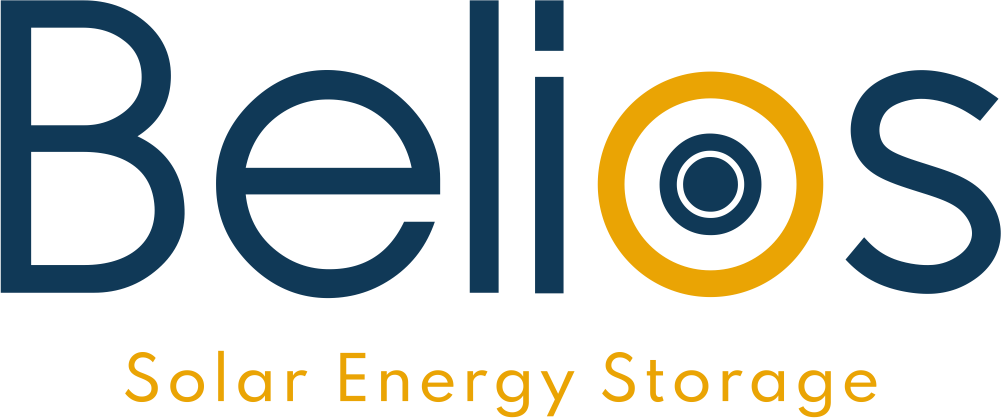The term “solar lighting” usually makes us think of a street lamp connected to a photovoltaic panel and a battery installed on top of a pole. But did you know that it is possible to create a lighting point without it?
The adaptation of solar lighting to increasingly diverse needs
Poles are not mandatory when installing solar lighting. In fact, other supports can be used, such as the edge of a roof, or the façade of a building. These represent solid fixtures on which to install solar lighting points.
The solar panel connected to the lighting point stores energy throughout the day, then transmits it to the solar battery via the controller, which in turn powers the LEDs for night lighting.
Solar lighting is an autonomous and eco-responsible solution, which optimizes not only the installation costs, but also those of electricity.

Solar lighting: an example of a business case
For a company with a parking lot available to its employees, it is essential to ensure the safety of it by day and night. For that, an adapted lighting will allow :
- increase the safety of your employees who will no longer have to go to a dark parking lot in the evening and at night;
- to automatically turn on the light in case of presence in the parking lot thanks to sensors;
- to benefit from an autonomous power supply, not connected to the electrical network;
- take advantage of solar energy and thus contribute to the preservation of the environment.
A ready-to-use solution made in France
At Belios®, we have imagined and designed a range of solar batteries to meet the specific needs of industries, condominiums and municipalities.
Belios® LongLife (Lithium LiFeP04) and Xtreme (Ni-MH) batteries are practical and extremely easy to install. They can be configured according to the environment and needs while remaining affordable.
As an expert in solar lighting, Belios® also provides you with a complete ready-to-use solution consisting of a battery and LED lighting.
We have already successfully installed many solutions in France, but also in several other parts of the world such as the Philippines, the Middle East and North Africa. Will you be next?
For more information, please contact us.
